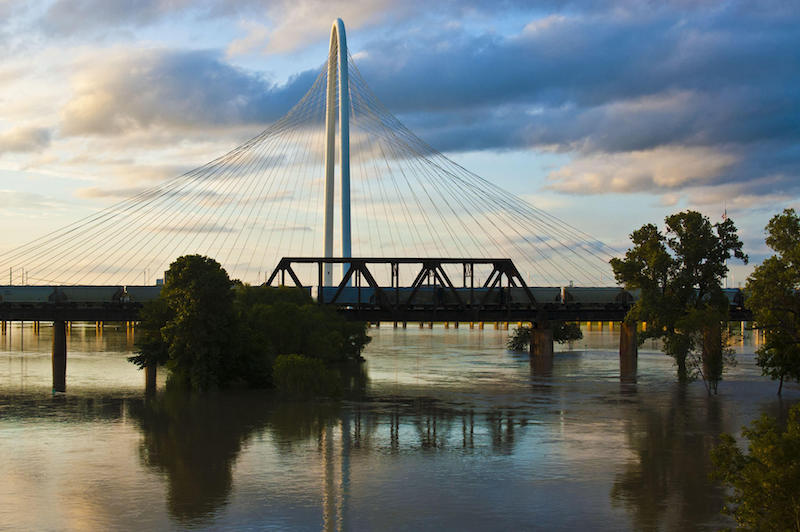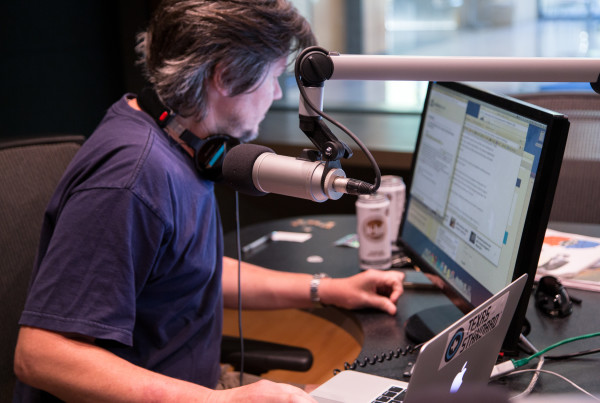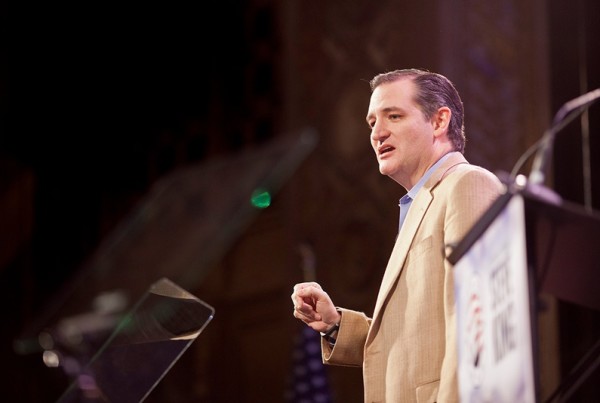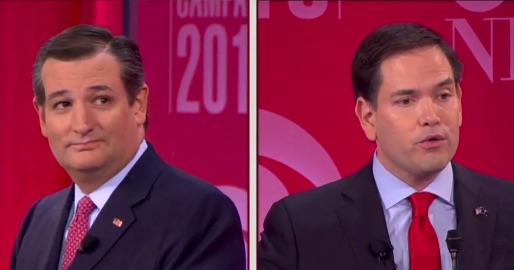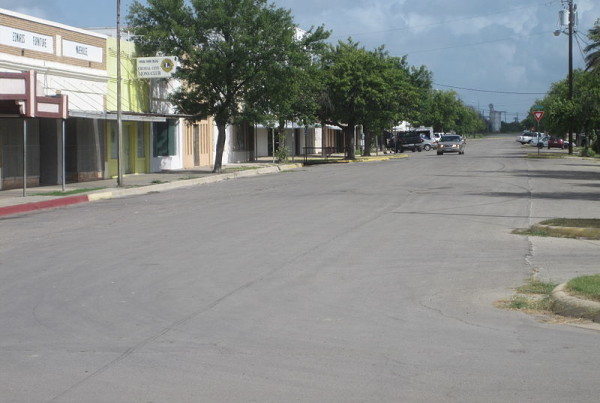What to do with the Trinity River?
That’s the question Dallasites have been asking for the better part of a decade. The 710-mile long river winds its way right through Dallas. One idea was to turn part of it into what sounds like a whitewater amusement park, by building a series of dam-like obstacles that would create a white-water experience for kayakers, while allowing canoes and small fishing boats to pass nearby.
Shortly after the project opened in 2011, it quickly closed. Now it’s been deemed a $4 million “mistake,” according to Dallas Mayor Mike Rawlings. One news article called it “an insult to the river.” Yesterday, the Dallas City Council came within one vote of demolition. Instead, they chose to explore options that include fixing or expanding what’s known locally as the “standing wave.”
Robert Wilonsky, digital managing editor at the Dallas Morning News, says the project came from wealthy folks who visited Colorado and wanted a whitewater river nearby.
“Right now it’s inaccessible, because it’s underwater,” Wilonsky says. “As though you can somehow close a navigable river, we managed to find a way to do that.”
He says the City of Dallas is responsible for it, but they ended up value-engineering it. Early discussions, about a decade again, pegged it at a half-million-dollar project. It ballooned to around $5 million and they decided to “cheap out on it.”
“The bypass channels, which was supposed to let people upstream and downstream – as the city promised the Corps of Engineers it would do – moved way too fast,” he says. “If you wanted to go back upstream, you couldn’t do it. You actually had to get out of the river.”
The city has spent five years to fix it and the Army Corps of Engineers has given the city an “expedited timeline” to comply with its building permit. “As the mayor said yesterday,” Wilonsky says, “even he’s going to vote for removal of the thing if the cost to fix it is not significantly lower than the cost to demolish it.”


